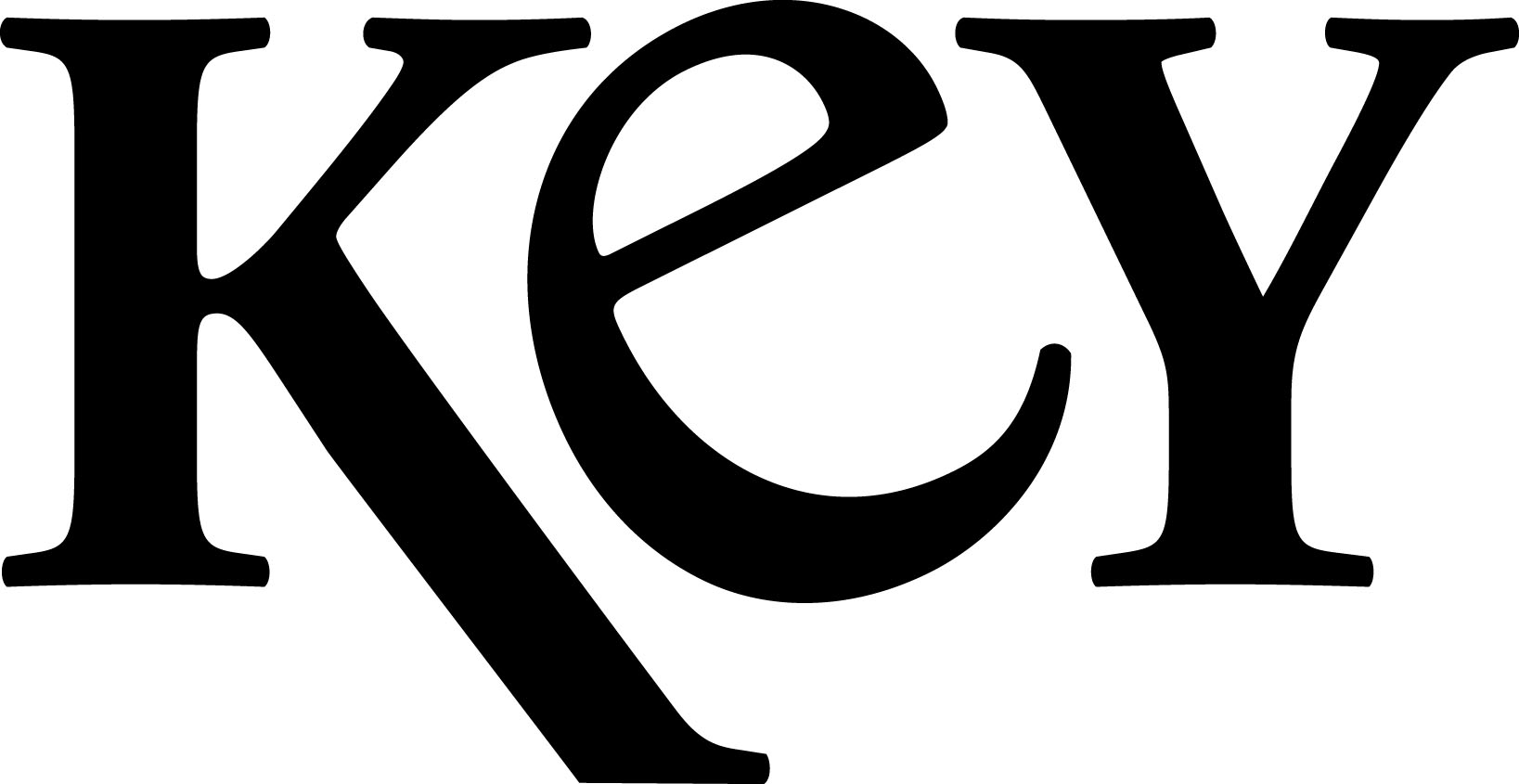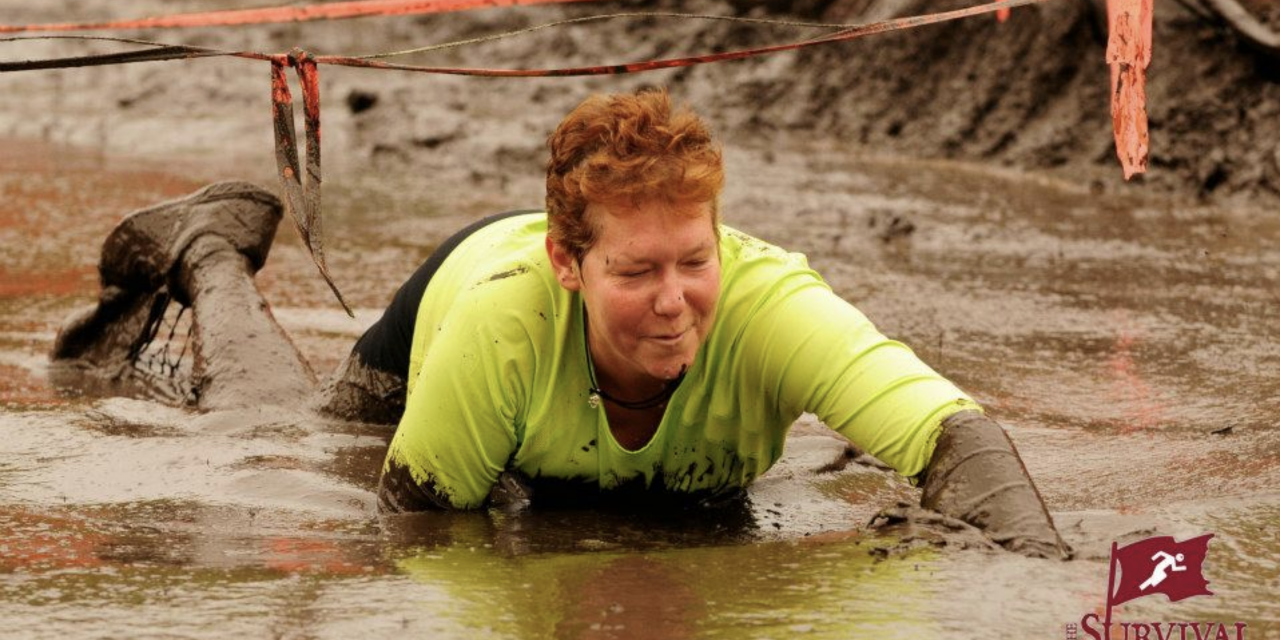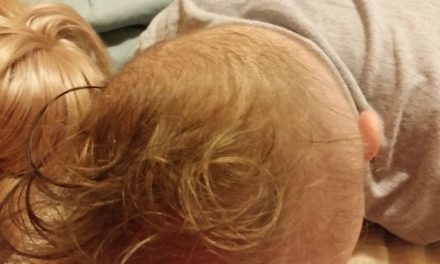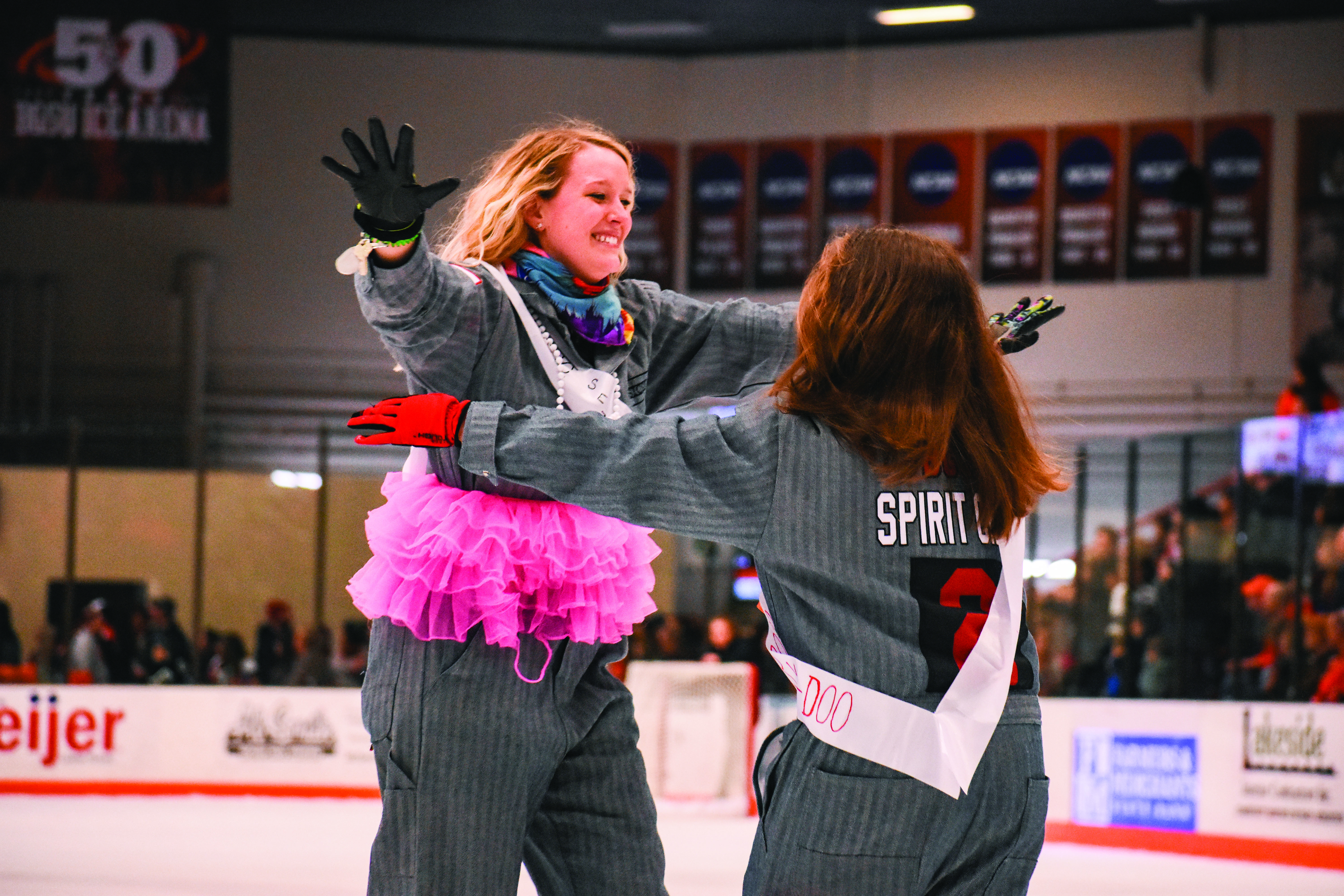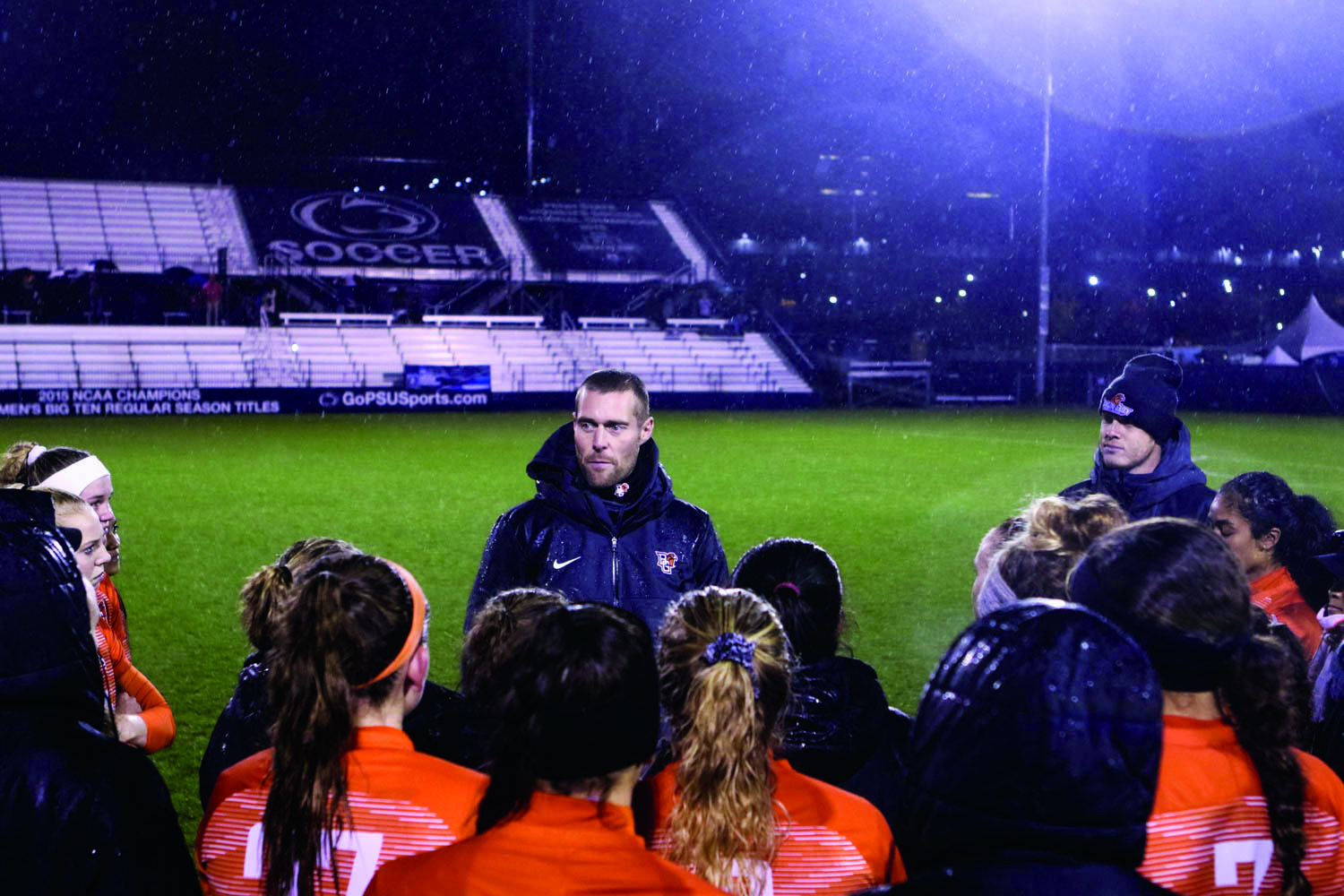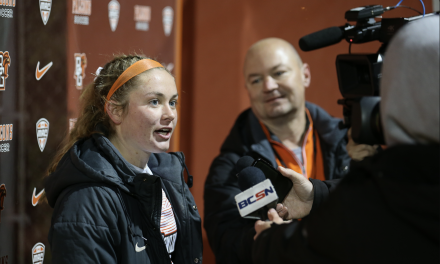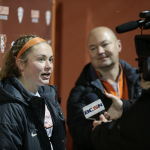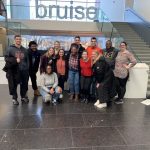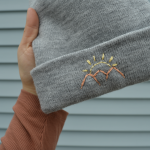More than
a Teacher
Dawn Hubbell-Staeble educates and learns herself in family, classroom, community
By Andrew Bailey | Pulse Editor
Spring | 2020
“One, don’t be an —hole. And two, leave the world a better place every day than what you found it. I try to do for students as I would want others to do for me or my loved ones if they were in similar situations.”
– Dawn Hubbell-Staeble
“I teach my own children and my ‘student children’ and it just continues to satisfy me every day.”
– Dawn Hubbell-Staeble
According to ratemyprofessors.com, Bowling Green State University Teaching Professor Dawn Hubbell-Staeble has an overall quality rating of 4.4 and 100% of the reviewers wrote that they would take her class again.
With a warm and wise demeanor and her office in McDonald Hall she dubbed a “happy place,” Dawn made her dedication to her students clear. Whether they are a student in her class, a former student of hers or simply a confused face seeking advice, Dawn is willing to go the extra mile to foster an environment of learning, respect and safety.
Dawn said she tries to ensure her students leave her classroom every day a stronger writer than before. But her role as an educator doesn’t begin and end with every class session, because it’s a 24-hour commitment.
“I believe that my job here is to help people learn, become better people and become productive adults. Secondary to that is to meet the curricular demands and outcomes,” she said.
Bloom’s Taxonomy is a foundation for how Dawn frames her education. According to Vanderbilt University’s Center for Teaching, Bloom’s Taxonomy is a “framework for categorizing educational goals.” Illustrated as a triangle, thinkers go through six cognitive processes using knowledge, those being remember, understand, apply, analyze, evaluate and create. Dawn incorporates this process into her teaching but believes other needs must be met first in order for students to efficiently “bloom.”
Another model Dawn uses for how she educates is Maslow’s Hierarchy of Needs. According to SimplyPsychology, it is “a five-tier model of human needs.” Needs must be satisfied from bottom to top on the hierarchy, starting with basic survival needs, to safety needs like employment and personal security, then a sense of love and belonging, followed by esteem for oneself after which self-actualization can be reached.
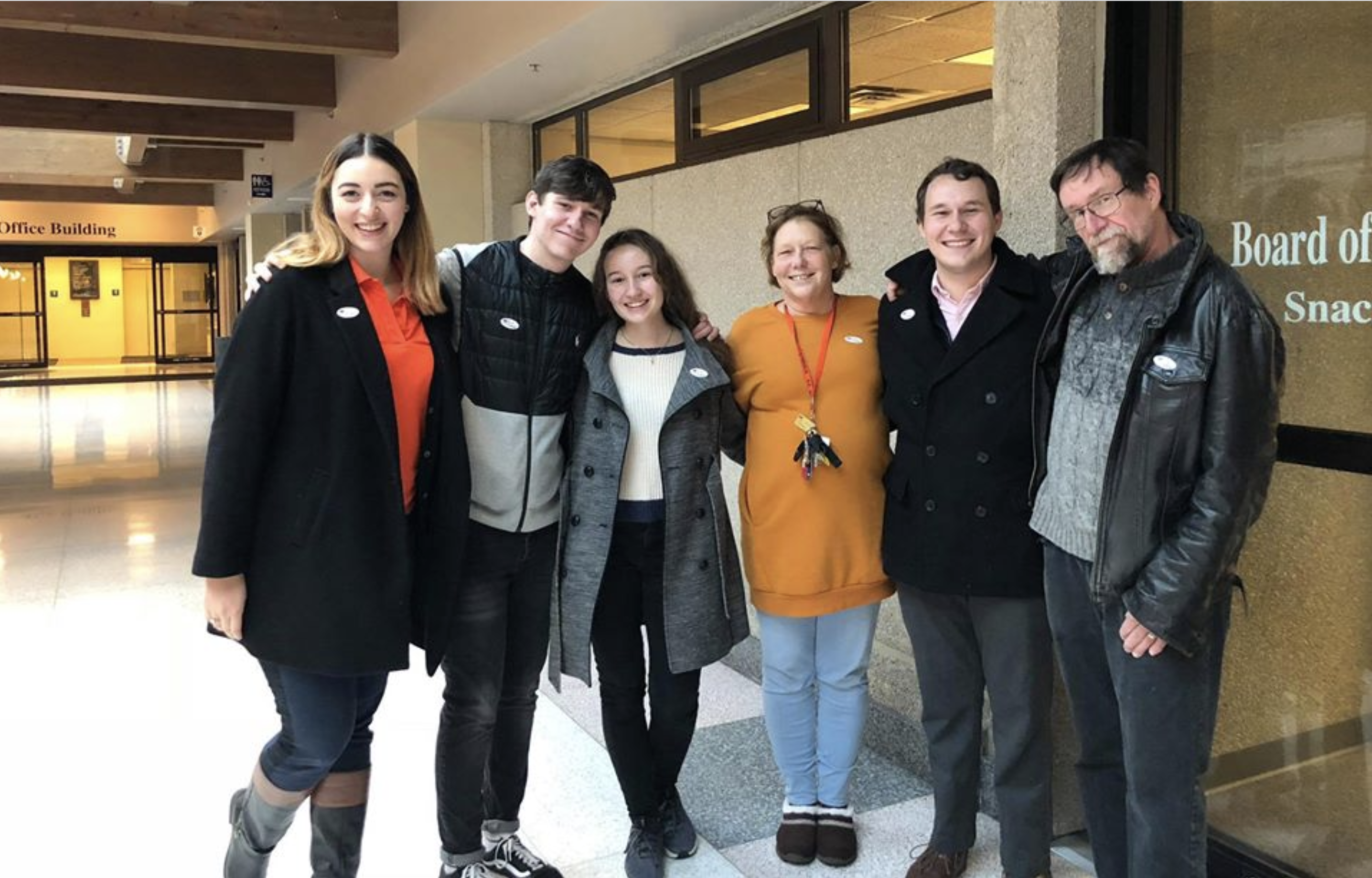
“I don’t believe people can bloom until they’ve ‘Maslowed,’” she said. “I don’t believe until we’ve taken care of those Maslow’s needs that students can meet Bloom’s levels.
She called these two theories the “professional answer” to how she educates.
Her “personal answer” comes from how she raised her own biological children.
“One, don’t be an —hole. And two, leave the world a better place every day than what you found it. I try to do for students as I would want others to do for me or my loved ones if they were in similar situations. And also, I believe it’s important to show grace to people the younger generations, because someday they’re gonna be running my nursing home and the IRS. I’d like them to remember that other people were kind, caring and supportive,” she said.
Dawn carries the same philosophical standpoints with her biological children as she does with her students, who she also often refers to as her children.
All three of her sons, Nathan, Aidan and Tynan, were homeschooled in an effort to accelerate their education.
“Our reason for homeschooling was because we could do it. We found that we weren’t experts,” her husband, Louie Hubbell-Staeble, said.
Even though they weren’t experts on every subject they tried to teach their children, they found that being experts was not a necessity for homeschooling.
“What’s necessary is to love and care for your children,” Louie said.
The education they gave to them came from a place of wanting them to be well-rounded and open-minded people. According to Louie, they “didn’t want to indoctrinate their kids” and instead tried to “foster their learning on their own.”
Whenever any of their children became interested in a particular topic, they were prepared to help them find their own way through it and explore it further, something Louie said they may not have had the chance to do in traditional schooling.
“We wouldn’t argue with them about some point they were bringing up,” he said. “They would discover and they could find out whether they were wrong on their own.”
Her second son, Aidan Hubbell-Staeble, reminisced on many of the field trips Dawn took him on to explore a subject or something he found intriguing.
“In fifth grade, we went to the nearby Great Lakes Museum. We did a big science class together and we got to go dredge stuff out of Lake Erie and we actually got to learn about all of the fish, with the fish there for us to see,” he said.
To expand upon the learning they did through field trips, Dawn would have her children critically think about what they learned through various projects.
“We got to go to the zoo and do projects based off of our favorite animals there. We’d spend all morning looking at the animals and then pick our favorite and do a research project off of it,” he said.
Even through the various subjects they studied, Dawn’s background in English, something which she earned a Master’s degree in, inevitably rubbed off on her children. Critical thinking and writing were two skills Dawn especially tried to develop in her children.
“We’re all really strong writers. But, I think that was mostly because we didn’t really have an option. She used to do this thing where I wasn’t allowed to turn in an essay unless I was proud of it. After she totally tore apart my essay, she’d say ‘Are you proud of that?’,” he said.
While Aidan admitted that this style of parenting is not for everyone, as Dawn didn’t hold back with critiquing her children’s work, it developed his learning at a much more accelerated pace than he believes he would have received in traditional schooling, as he was reading at a high school level at about fifth grade.
Dawn enforced strict but caring policies in her home with her children. For example, if her boys were to get into an argument, she would resolve the disagreement by making them sit down together and tell each other the things they liked about each other.

It was this strong will and even stronger family bond that helped her endure her breast cancer diagnosis in 2009. Despite her initial worries of leaving her children motherless, she soon realized it was just “a year of shit” that she had to endure. Enduring cancer as opposed to beating or surviving is a distinction she heavily stressed, since she sees overcoming cancer as “a roll of the dice.”
“Instead of survivors I think there are endurers. You endure what it does to you and you endure the indignities and you endure the fear. And yeah, you fight. But it’s the hand of cards you’re dealt. You don’t get to choose what it does to you. It’s not so much of a fight since there’s no strategy involved. The medical people have the strategy. You just show up and make the best of it,” she said. “I think for the people that don’t survive, that metaphor doesn’t work. Did they lose their fight? Does that mean because I’m alive I’m a better fighter? Hell no.”
As a lifelong learner like the rest of her family, Dawn took away renewed perspectives on viewing the world around her after she endured her cancer.
“She was a lot less bitter. She seemed brighter afterward. I always thought she was a bright person but she seemed even brighter,” Louie said.
Aidan shared similar sentiments toward how his mother was once she was free of the disease.
“I think she learned how to appreciate the little things more often and she wasn’t quite as concerned with the big picture. Having one good day is a victory in itself. I think she learned how to appreciate one good day or one good evening with the family a little bit more,” he said.
But it wasn’t just homeschooling and a cancer diagnosis that solidified a strong family connection, as Dawn also pushed her children to explore social issues and involve themselves in the community. Aidan remembered knocking doors almost every day after school for Barack Obama’s presidential campaign in 2008 and the sheer elation they experienced together after he won the election.
“She cried when he won. We went nuts. I spilled my water on her and she didn’t even care because we were jumping up and down so hard,” he said.
By being involved in the community, Dawn has helped establish the Hubbell-Staeble family in Bowling Green. Through charitable efforts, like the annual Martin Luther King Jr. Day of Service Food Drive, and having a generally amiable and easygoing demeanor, Dawn and her family are well known in the community.
“I think everyone knows her. One time when Emily [Aidan’s wife] and I were first dating and we were out at a bar, the bartender was like, ‘Oh my god. Are you Dawn’s son? I changed your diapers.’ I can’t go anywhere without someone knowing that I’m Dawn’s son,” Aidan said.
Through involvement, Dawn has compiled lists of contacts of various backgrounds from across the country since her earliest days as an educator. When her students, or others, come to her asking for advice or assistance beyond her capabilities, she will delve into this collection and pull out the right person with the right skills.
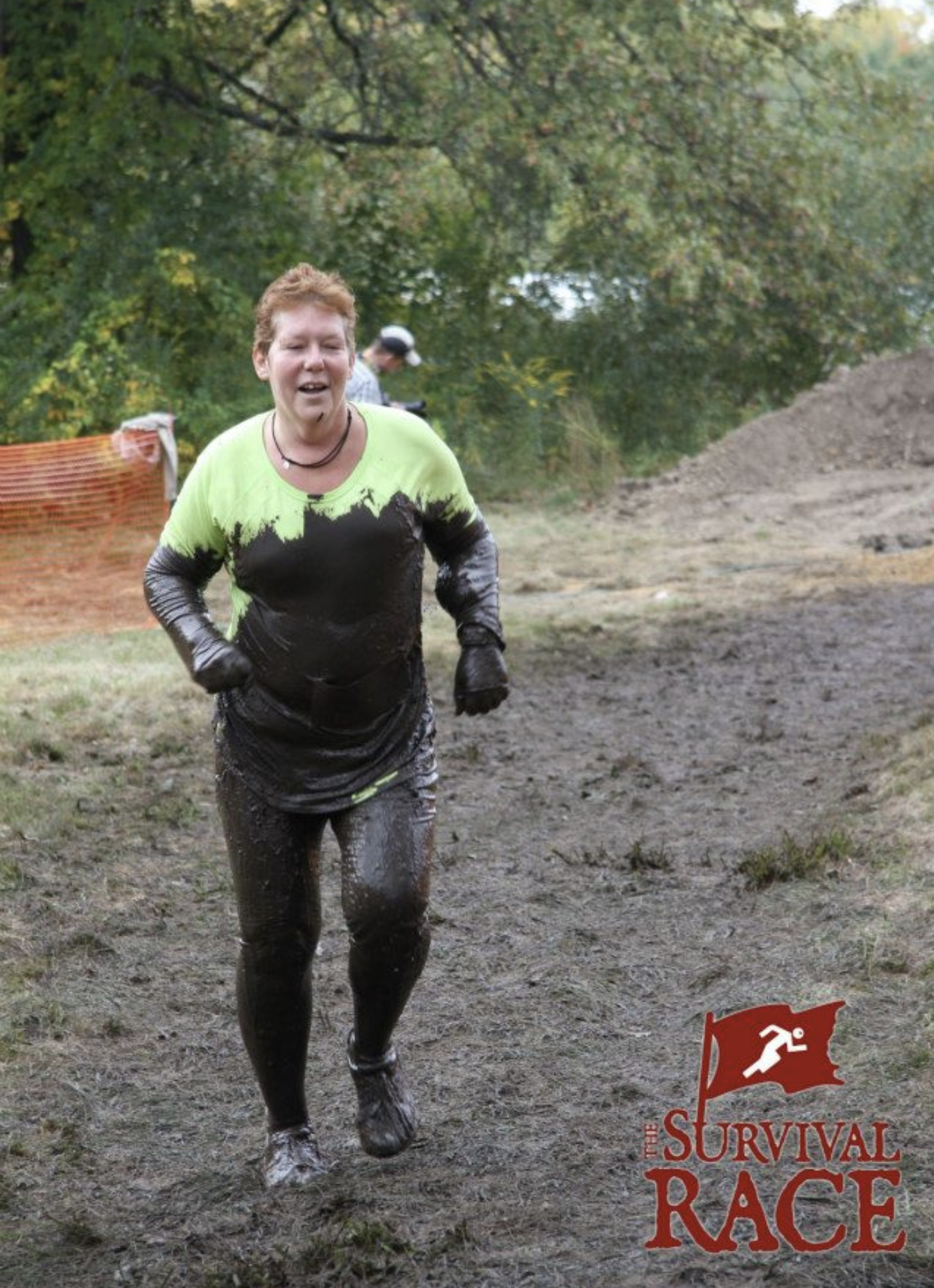
“I first started networking and creating contacts on internet forums back in the day. I was on some parenting forums to talk about homeschooling and raising children and I just started to get to know people. I don’t always remember their exact names or exact jobs, but by making that initial friendship I have no problem reaching out,” she said.
However, not every friend she makes is as deliberate as that, since one of her closest friendships, with Patrick Vrooman, the director of the Educators in Context & Community learning community, began by chance. When she first started teaching at BGSU, she wanted to become a faculty professor for the Chapman learning community in Kohl. Coincidentally, this is where ECCO was formerly housed. She accepted the position to teach General Studies Writing to members of ECCO, which resulted in her meeting Vrooman.
“On my way to my first class, which I didn’t know the room number for at the time, I wandered into Kohl Hall and saw a large-bearded man sitting in an office, so I went in and introduced myself and asked if he knew where I was supposed to go. He told me who he was and to come back to his office after class to chat,” she said. “I went in there after and saw all these books on his shelves and was thinking to myself, ‘read that, read that, read that,’” she said.
After that first meeting, they became fast friends, often talking about their thoughts on how to radicalize the education system and “hot topics of the time,” as Vrooman put it. Their shared interests in critical thinking and literature led them to influence each other greatly, especially in how they approached teaching in the classroom.
Now, almost eight years later, their classes, Dawn’s GSW courses and Vrooman’s Introduction to Education course, intertwine on various topics discussed.
“Our classes are weaving into each other on a daily basis. We’ll talk about something in my class and then she’ll tell me a student in her class that next day brought it up and used it to further their thinking. It’s crazy how are classes converging now and I love it,” Vrooman said.
Involving herself in ECCO and being able to see students who apply the critical thinking she teaches has reinforced her love for her role as an educator.
“I didn’t really realize until recently how much happier she is doing what she’s doing. She is now more than she’s ever been doing what she loves. The way we’re teaching is constantly evolving,” he said. “That’s what I love about her. She could easily be done and she’s not. She keeps coming up with crazy s— to try and do and that’ll push me to think about something and we keep evolving stuff.”
Like Vrooman, Aidan and Louie both cited her dedication to and love for education as something they admired about her.
“I think why she does what she does is because she has this innate desire to just constantly teach. She’s not one of those professors that enjoys her summers off by not teaching,” Vrooman said.
Dawn recognized the innateness of her love for teaching as well, although she couldn’t pinpoint any moments in her life that may have caused it to develop.
“I think it’s just one of those things that people have at birth. I didn’t get my love for teaching from my parents or anything like that,” she said. “I think it’s just my nature. I teach my own children and my ‘student children’ and it just continues to satisfy me every day.”
